According to her, transforming a traditional city in a future urban settlement starts with educating the population, which has to learn to accept the beneficial changes made by the local administration, even if, at first, they may not agree with them.
One example that Corina gave in this direction is forbidding public parking spots in city center areas and restricting car access in these areas, a decision the population might not agree with this, without trying to understand what the benefits could be.
EFdeN Sustainable City is an NGO founded 12 years ago that works in the field of sustainability and sustainable constructions and the organization participated at three editions of one of the most important conventions dedicated to solar homes and integrated solutions.
To do this, the team developed life-like models of sustainable homes to represent Romania, showcasing, at the same time, good practice models for the construction sector.
All the NGO's plans, resources and ideas are available open-source, so that future buildings can be developed in a sustainable way starting from the engineers' planning.
As far as Corina Fugaru is concerned, replicability could be a solution when it comes to sustainability and implementing sustainable practices that can contribute to developing the cities of the future.
In order to present as many of these solutions as possible, the team has multiple points of interest that it showcases in a 4.000 square meters space called "the Sustainable City".
Among the ideas exposed there are prototypes for EV charging stations but also charging points dedicated to e-bikes and e-scooters that can be implemented in urban settlements.
At the same time, the NGO proposes outside working areas for students, so that the education sector can be brought close to nature.
Should they be adopted by authorities and companies, these proposals can contribute to the sustainable development of cities in Romania, so that they can be prepared for a green future.
 Mihai - Cristian Ioniță
Mihai - Cristian Ioniță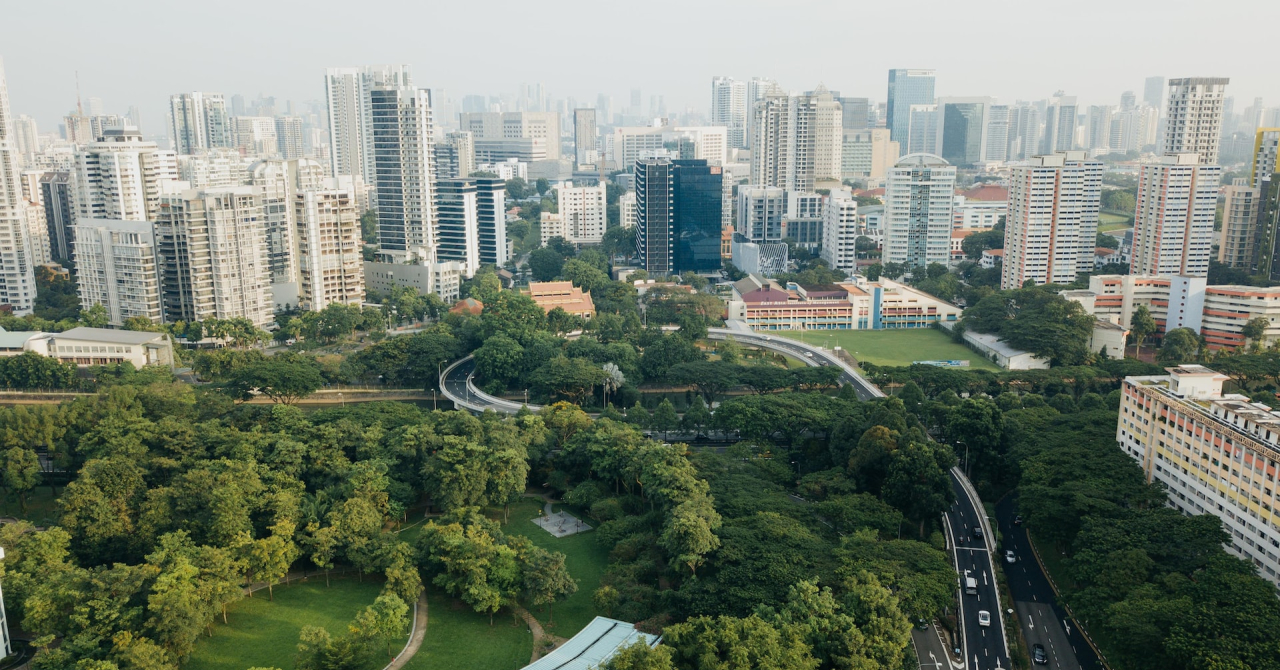


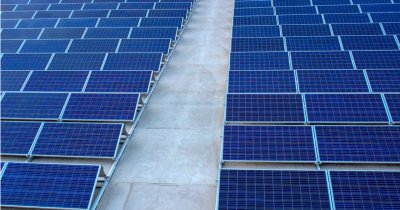
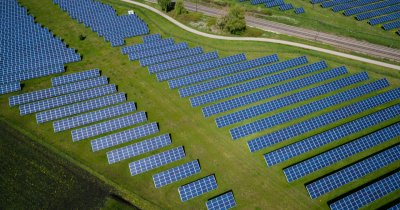


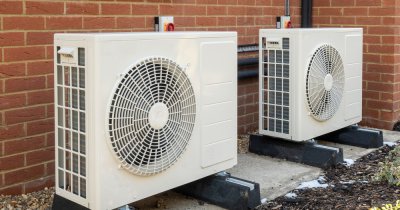
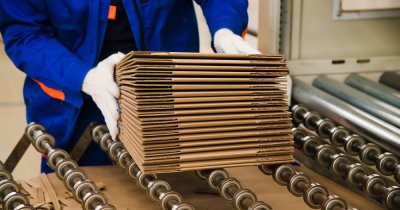

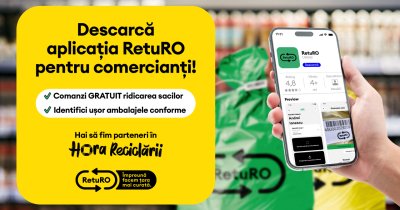

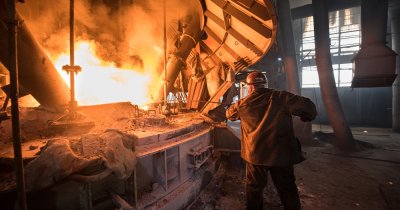
Any thoughts?